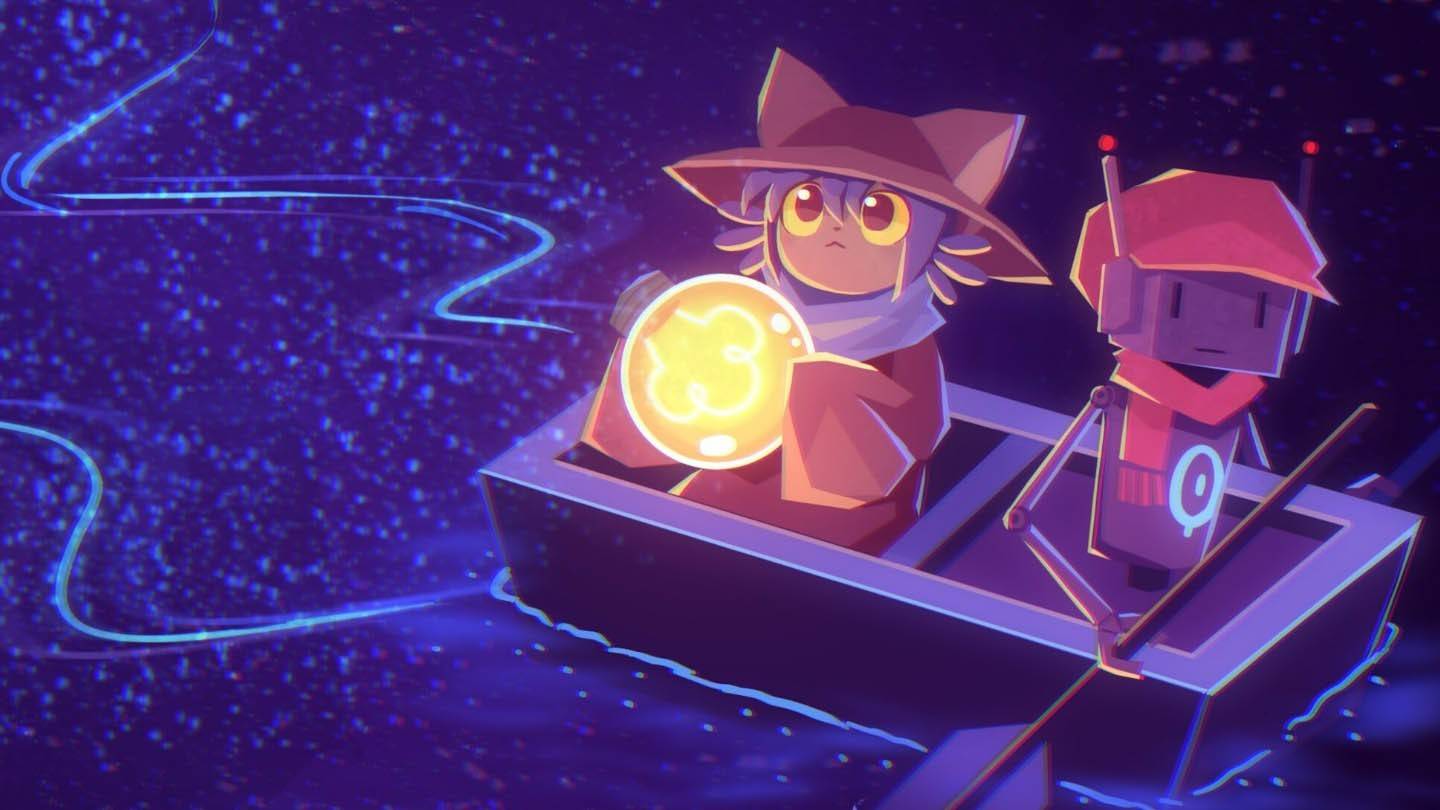Rockstar Games unveiled the second trailer for Grand Theft Auto VI, captured entirely on a PlayStation 5, fueling excitement and debate among fans. Dive into the details of the trailer's presentation
Author: EleanorReading:1
As the gaming landscape continues to evolve, particularly within the horror genre, developers and players alike ponder how to craft tension and fear effectively. Each year, as familiar mechanics grow predictable, the success of a game increasingly hinges on its design, narrative, and storyline. While exceptional titles do emerge, they remain rare gems. Today, we’ll delve into standout examples that redefine the boundaries of horror gaming.
Rather than coining a new term, let’s adopt the widely recognized "meta-horror" to categorize this genre or subgenre. Meta-horror is defined by its ability to break the fourth wall, where the game not only interacts with its characters and world but also engages directly with the player. Coupled with its diverse applications, this technique elevates a game into a true masterpiece. If you’ve played or watched walkthroughs of the games mentioned below, you’ve likely experienced a mix of intrigue and awe.
The pioneering instance of breaking the fourth wall is Psycho Mantis from Metal Gear Solid. During the boss fight, the character asks you to put down your controller, a move that was revolutionary in 1998. Hideo Kojima took it further by leveraging the DualShock controller and console capabilities, manipulating the device, revealing your favorite games, and intensifying the pressure on unsuspecting players. Since then, this mechanic has appeared in games like Deadpool, Detroit: Become Human, and Nier Automata. However, beyond direct player interaction, such features often serve as mere bonuses unless the game explicitly aims to surprise players through engagement.
Among recent releases, Miside stands out as a game labeled with "elements of meta-horror." While the meta-horror aspect is primarily limited to player interaction, its "game within a game" structure adds complexity. Perhaps I’ll explore this aspect in a future discussion, as it’s quite intriguing.
Now that we’ve covered the foundation, let’s dive into some notable meta-horror games.

Image: reddit.com
Released in 2017, this visual novel begins as a charming romantic comedy but takes a dark turn, earning its status as a META-HORROR classic. Beyond simple player address, the game accesses your operating system username, generating intriguing files that serve as both storytelling tools and gameplay mechanics.
The literary club featuring beautiful 2D girls quickly garnered fans, conspiracy theorists, and admirers for its innovative approach. Although not entirely new, DDLC popularized this style. With almost four years since the last update, fans eagerly anticipate the next project.

Image: reddit.com
Shifting gears from visual novels, OneShot is an RPG Maker adventure that pushes boundaries even further. Despite not being marketed as a horror game, it contains unsettling moments. In OneShot, you guide your character to save the world, but the game acknowledges your presence.
Through direct system windows, helpful files, and dynamic title changes—all integral to the puzzle-solving process—the game immerses you deeply. Unlike DDLC, OneShot fully embraces these capabilities, offering an engaging experience. For many, including myself, this was the first encounter with the genre, leaving a lasting impression. I highly recommend experiencing it firsthand rather than reading about it.

Image: reddit.com
Arriving at the pinnacle of meta-horror, IMSCARED immediately comes to mind when discussing this genre. For some, these games resemble viruses—not in a destructive sense but in their ability to manipulate systems and interact directly with players.
Upon launching, IMSCARED assures you it’s not harmful, addressing potential antivirus flags to ease concerns. However, what unfolds is extraordinary. The game doesn’t consider itself a game but a self-aware entity, a virus that interacts with you rather than the other way around. This concept drives the entire gameplay. Through crashes, minimized windows, controlled cursors, and created files, it manipulates your actions.
Released in 2012, it has seen several updates, remaining fresh even in 2025. While frequent crashes and minimizations can be frustrating, the experience is undeniably worth it. For me, IMSCARED epitomizes meta-horror, terrifying not just visually but by interacting with your system.
While numerous games incorporate similar techniques, few master them like the ones discussed above. Meta-horror offers unique sensations, and I strongly recommend trying at least one. If visual novels aren’t your cup of tea, consider OneShot or IMSCARED. For fans of randomness and survival, Voices of the Void provides another thrilling option.
 LATEST ARTICLES
LATEST ARTICLES